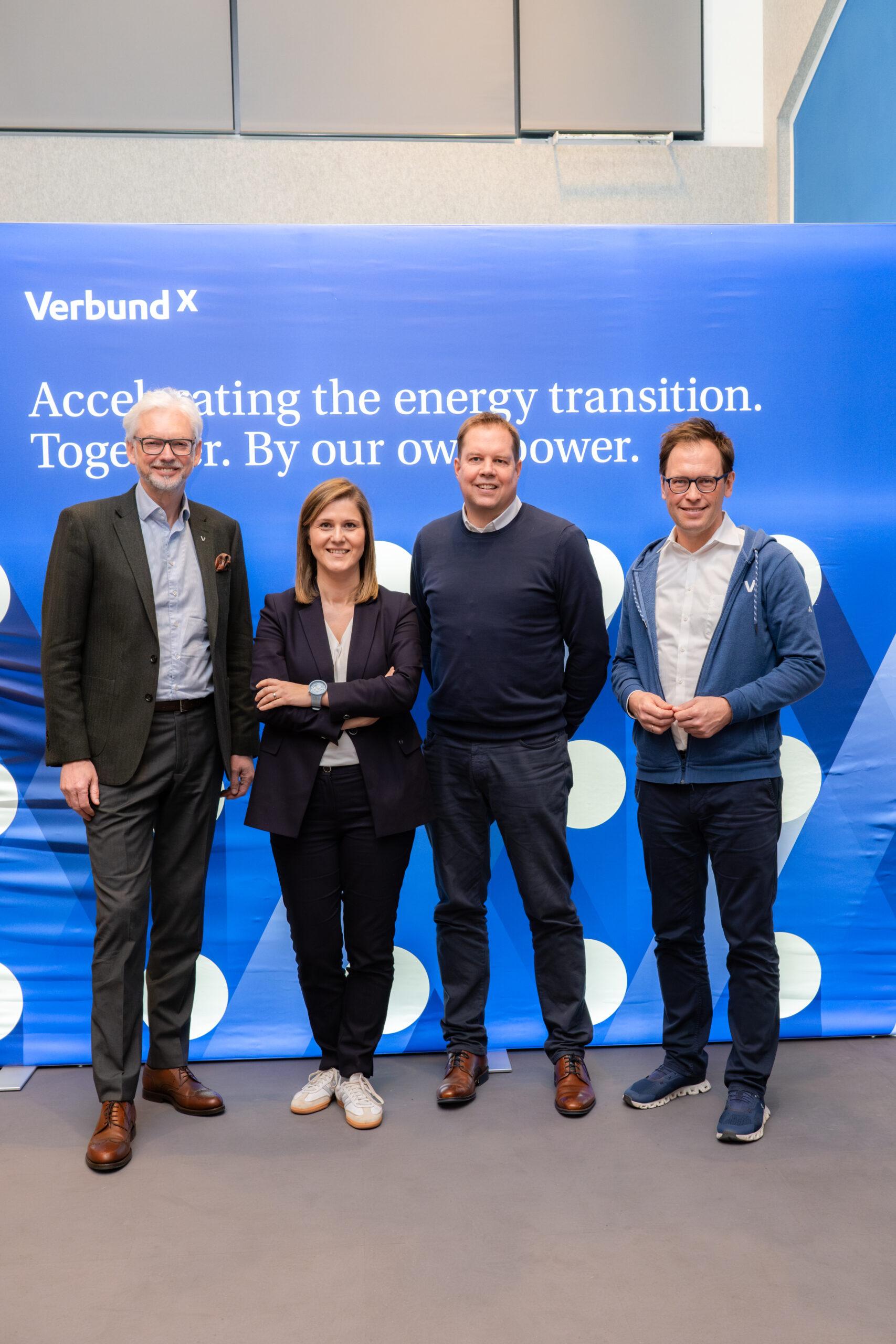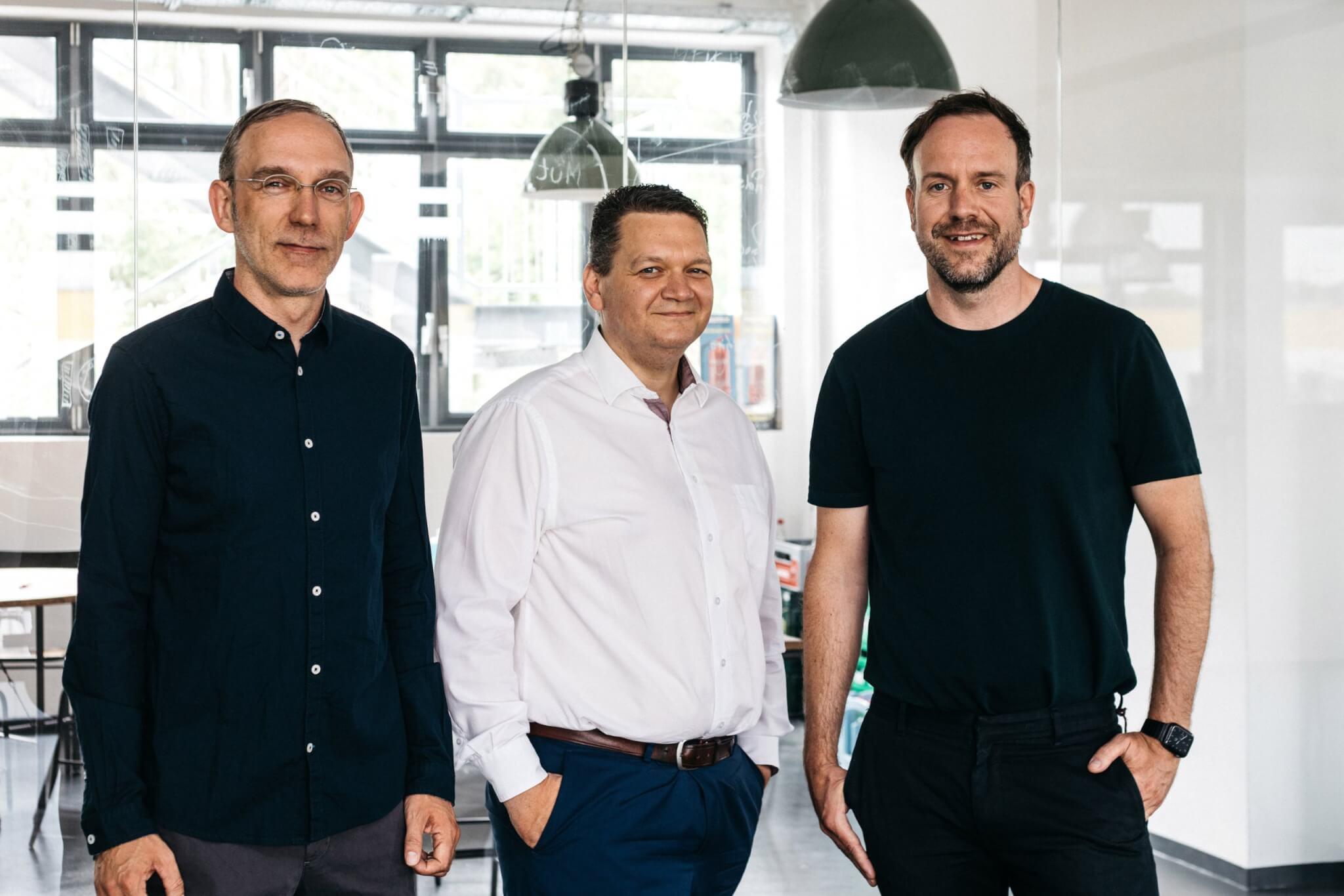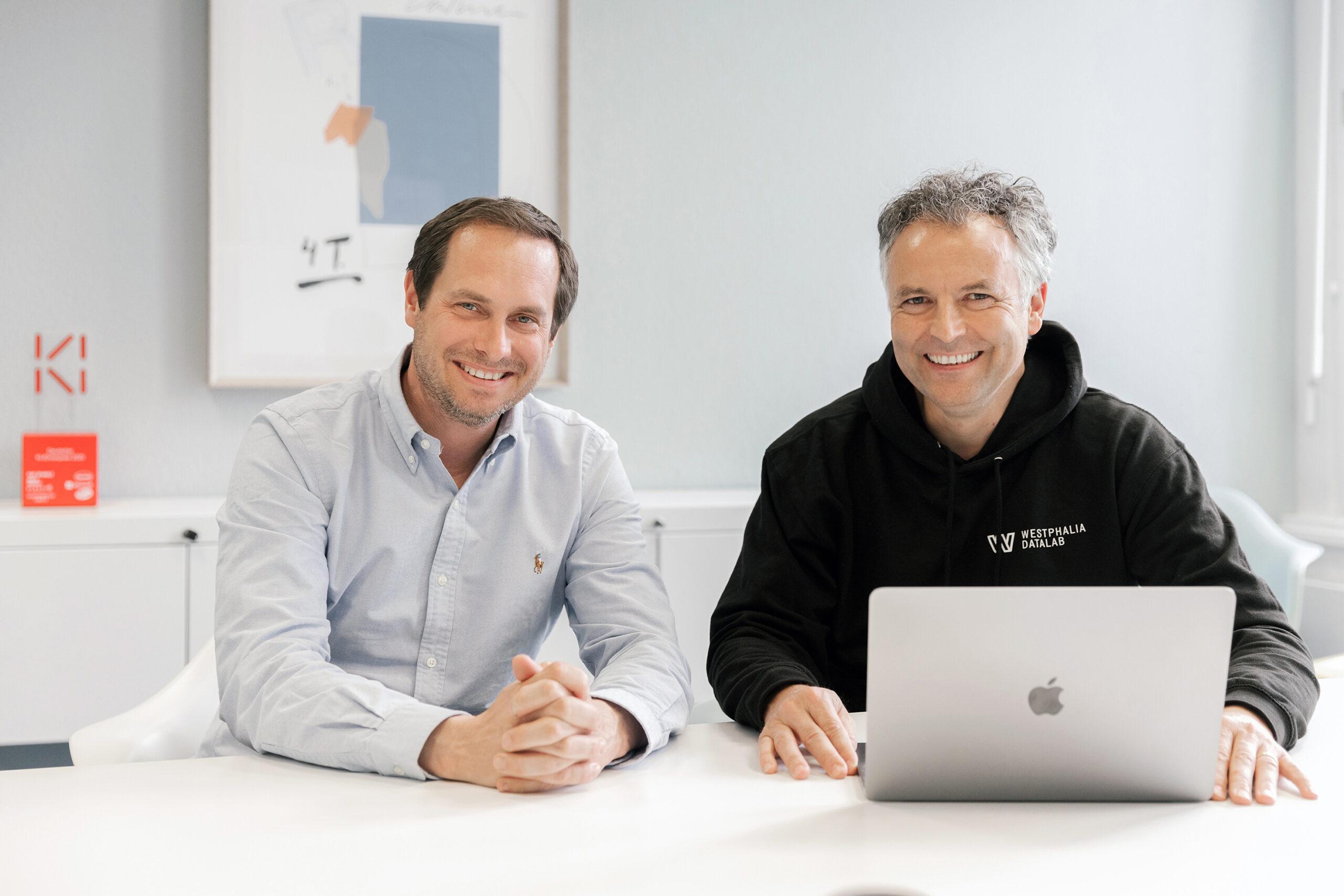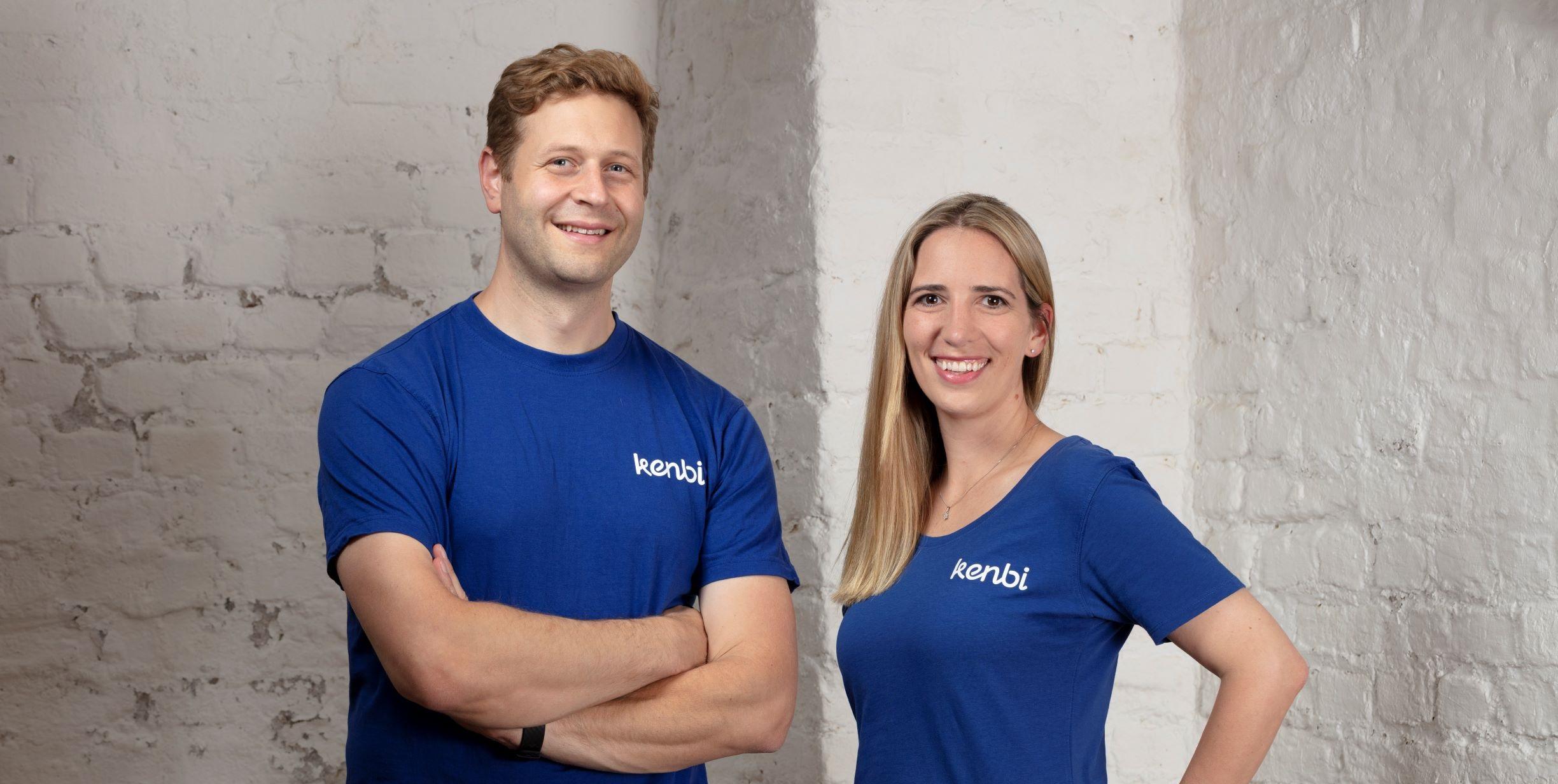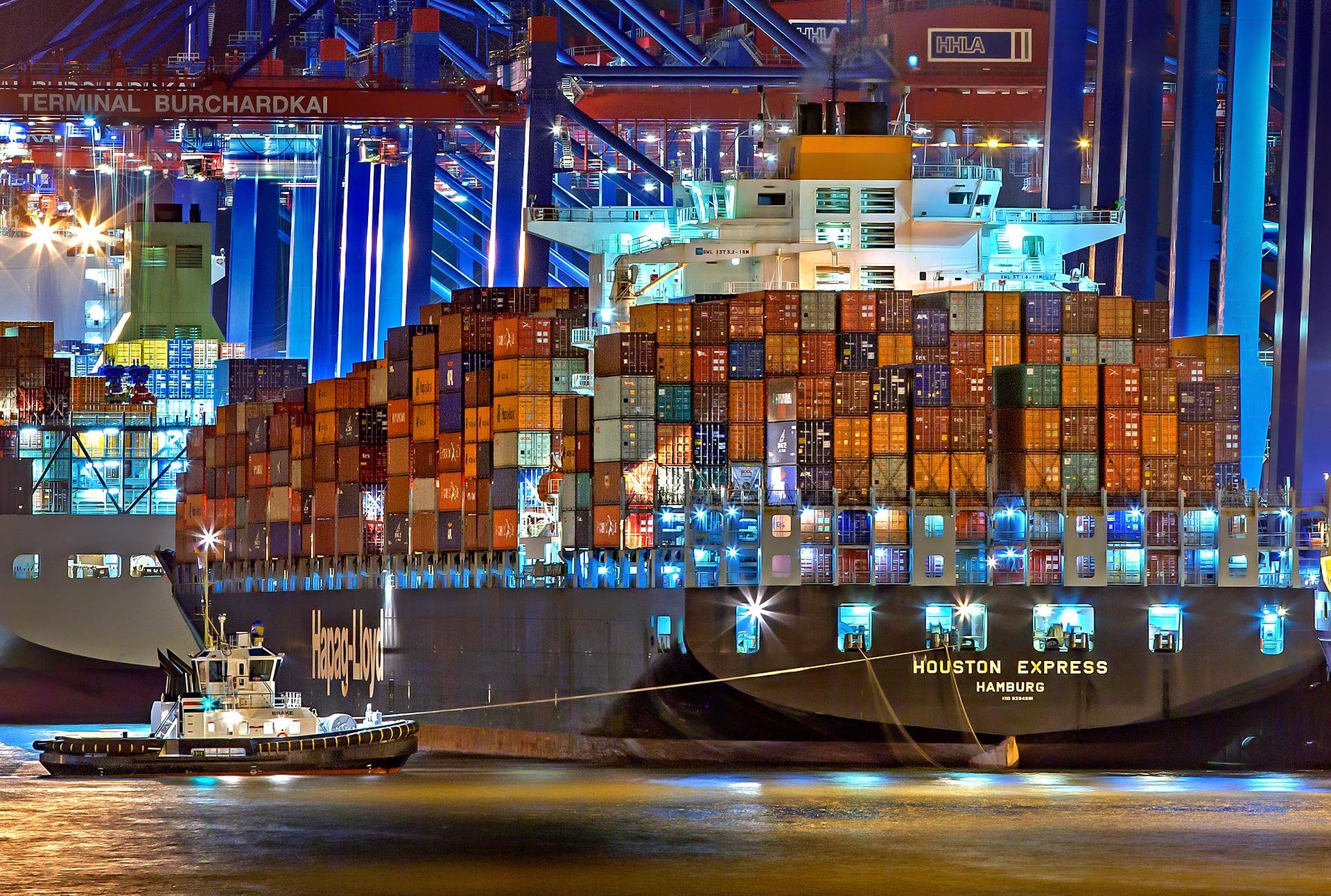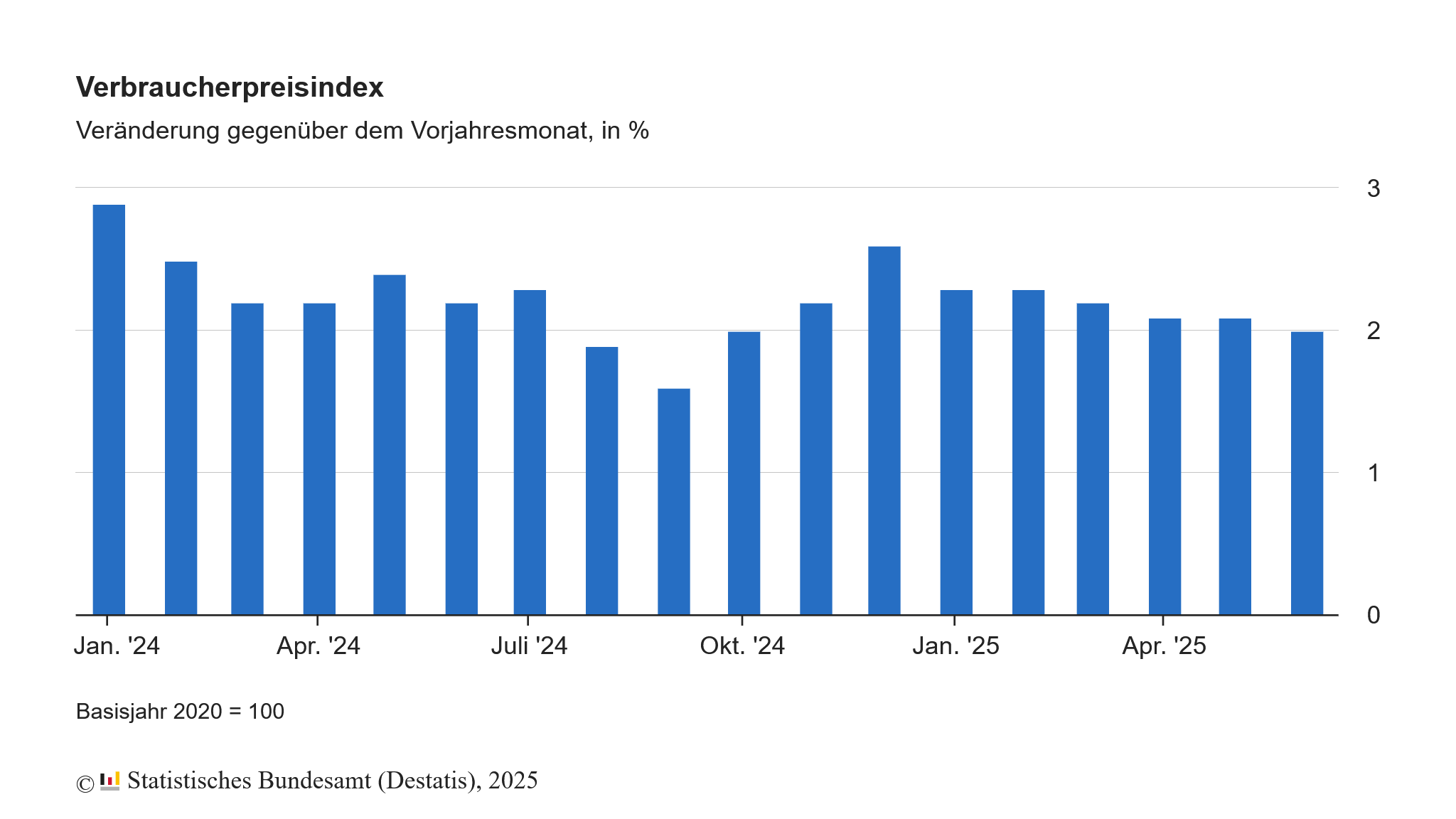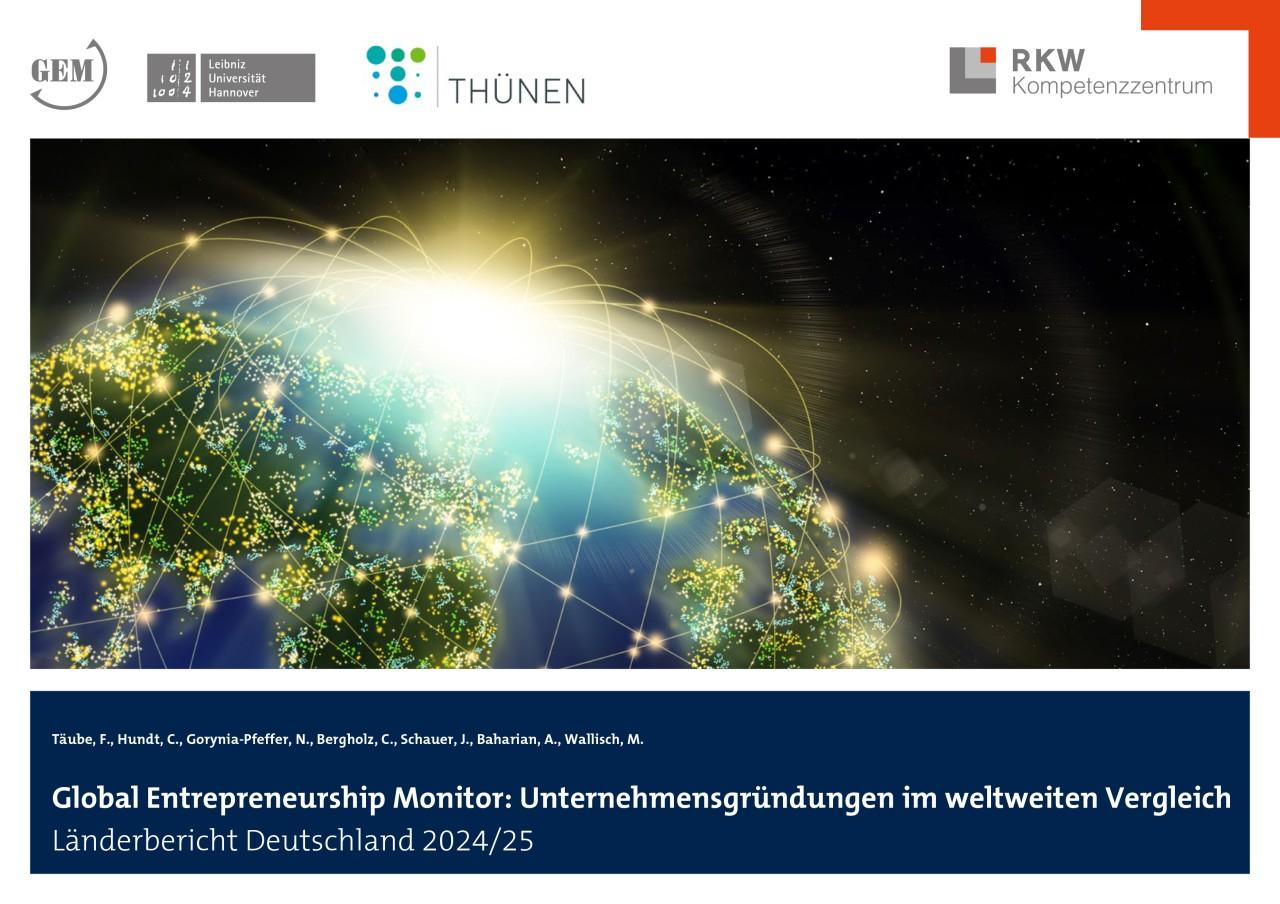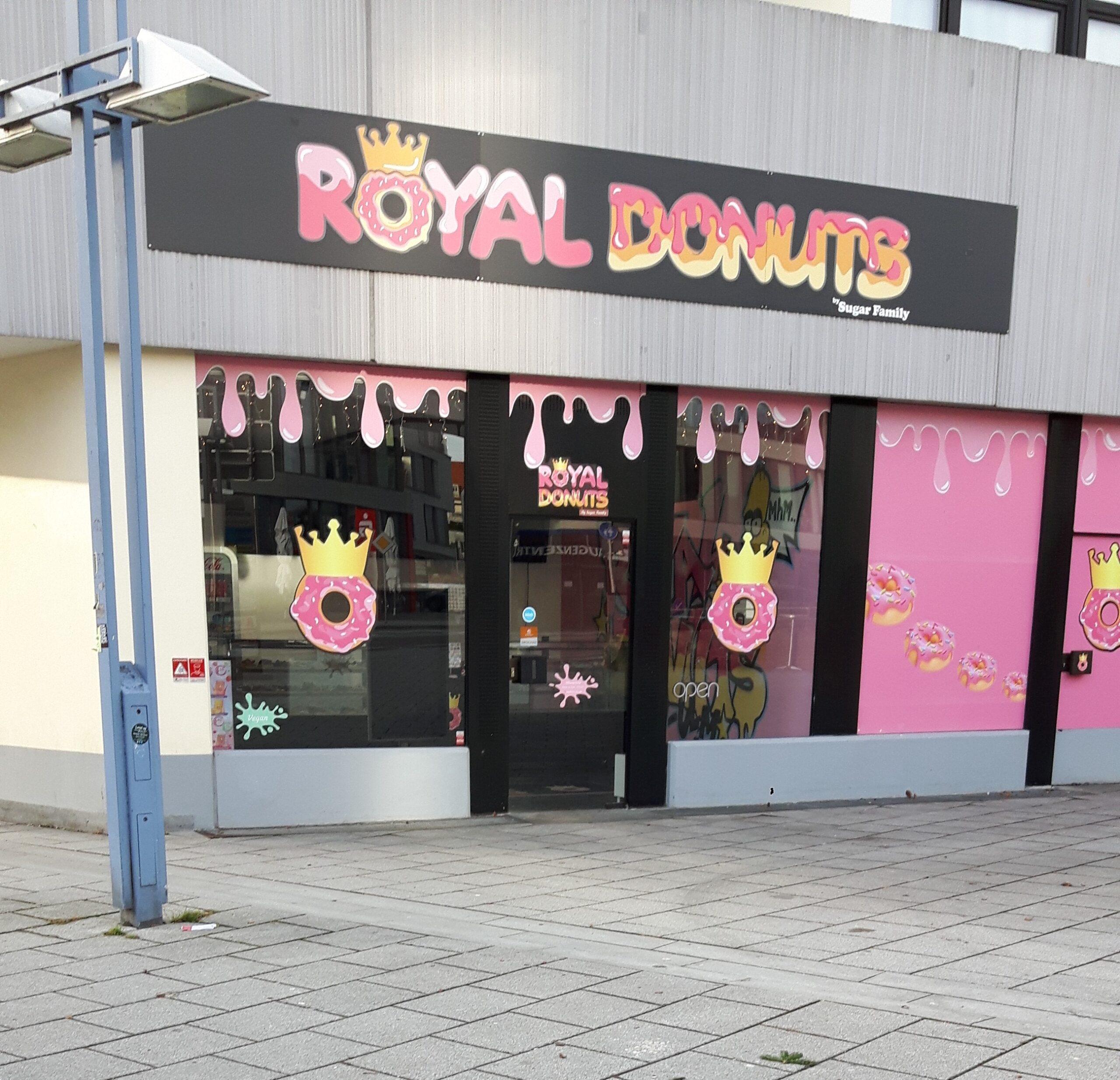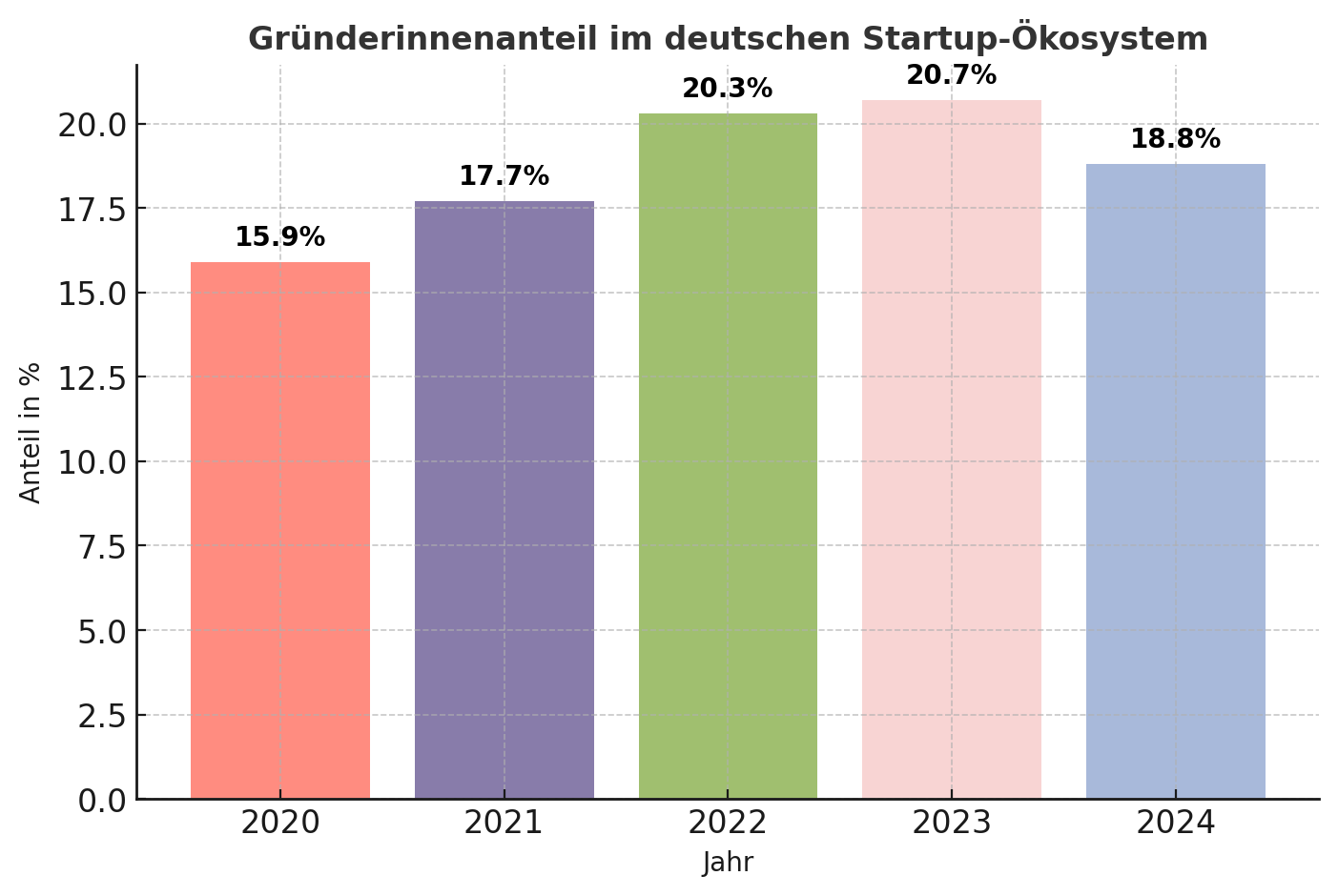The tanker is being refloated
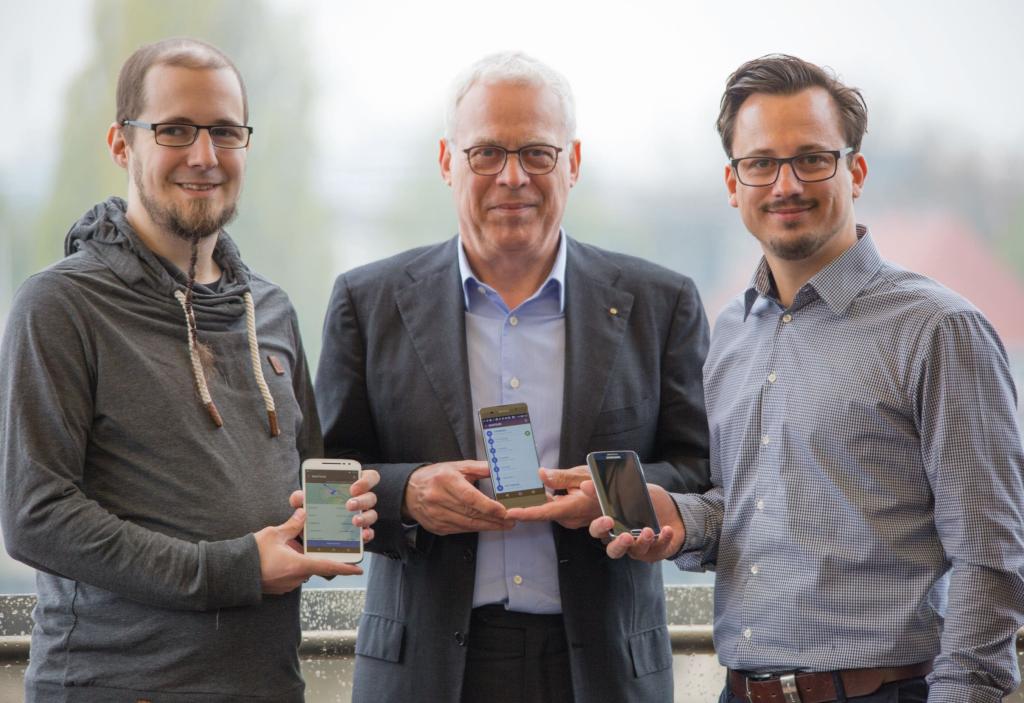
The shipping industry has struggled with digitalization so far. But now both large shipping companies and small start-ups have realized that something has to change. There are plenty of starting points.
At first glance, digitalization in the world's major industrial ports does not appear to be far off. Cranes, container ships and port workers still operate on the surface just as they did ten, 20 or 30 years ago: A ship travels from A to B, containers are unloaded, reloaded and loaded.
But a lot is happening below the surface. "The shipping industry has never been an early adopter, not even when it comes to digitalization," says expert Burkhard Sommer, "But everyone involved is slowly getting on board." Sommer is Deputy Head of the Maritime Competence Center at auditing and consulting firm PwC Germany. There he analyzes trends that influence the trade in goods on the high seas. For some years now, this has also included digitalization. He observes one thing in particular:
Both long-established companies and major shipping companies and, above all, young start-ups want to make the old tanker shipping a little more agile.
Large shipping companies build their own solutions
In fact, digitalization in the shipping industry first and foremost means saying goodbye to paper. The majority of data exchange still takes place on paper, regardless of whether it concerns cargo, accompanying documents or customs permits. The reason for this is the high degree of internationalization in the industry. When a ship brings containers from Hamburg to Rio de Janeiro and they then have to be transported by truck to Peru, a whole series of countries, authorities and companies are involved, which would theoretically have to agree on a data collection tool.
The only ones with enough leverage to initiate real change are the major international shipping companies. "The top 10 liners are all in the process of setting up appropriate systems," explains Sommer. Take Maersk, for example, the world's largest container shipping company. The Danes now have almost a dozen digital solutions on offer to make it easier for them and their customers to do business. The Group's Logistics Hub, for example, makes it possible to track the expected arrival time of a ship, compare transport costs and book free capacity on the ships. Container booking, payment and tracking can now also be handled digitally by the Copenhagen-based company.
So when industrial giants like Maersk, with its 89,000 employees and a turnover of almost 40 billion US dollars, take digitization into their own hands: Does that leave any room at all for founders? Burkhard Sommer certainly sees opportunities for young entrepreneurs: "There is still a need for small, simple solutions to the industry's specific problems. There are good business models for start-ups. With the increasing digitalization of the entire logistics sector, there will be more and more points of contact for such solutions."
PwC expert Sommer therefore believes that more start-ups will enter the sector. "80 percent of global trade in goods takes place via water," he says. However, there is unlikely to be one big, disruptive solution. "The industry is too fragmented for that." But isn't a niche enough for a start-up
The answer to this can be found - how could it be otherwise - in Hamburg. One of the company's founders is Otto Klemke. The computer science graduate started NautilusLog in 2016 together with his friend Sven Hamer and his father Ingo Klemke. He first came into contact with shipping through his brother. He was a ship surveyor, a kind of marine expert. "When we started out, we first looked at what the industry wanted," he reports. One request that kept coming back: a digital logbook.
All data relating to the ship is recorded in the logbook: Condition of the machine, routes, cargo. NautilusLog wants to map all of this with the help of an app. In the beginning, resistance had to be overcome: "The crews in particular thought at first that our tool would only mean more work for them." However, they quickly realized that NautilusLog mainly relieved them of routine work.
"When they get off the ship, the report is already finished"
Otto Klemke, NautilusLog
One field in which the Hamburg-based company's services are already being used a lot is environmental reports. When surveyors come on board the ships, they can use the app to record all the necessary data. "By the time they get off the ship, our tool has almost completed the report from the relevant data." The surveyor then only has to do the finishing touches. Last year, 1,800 reports were created in this way, says Klemke.
In the long term, Klemke expects the digital logbook to become standard. "We are currently talking to the International Organization for Standardization about the requirements that such digital logs have to meet," he says. Once the standards have been established and the International Maritime Organization adopts them, the digital logbook could become part of everyday life on all ships worldwide.

Newsletter
Startups, stories and stats from the German startup ecosystem straight to your inbox. Subscribe with 2 clicks. Noice.
LinkedIn ConnectFYI: English edition available
Hello my friend, have you been stranded on the German edition of Startbase? At least your browser tells us, that you do not speak German - so maybe you would like to switch to the English edition instead?
FYI: Deutsche Edition verfügbar
Hallo mein Freund, du befindest dich auf der Englischen Edition der Startbase und laut deinem Browser sprichst du eigentlich auch Deutsch. Magst du die Sprache wechseln?




